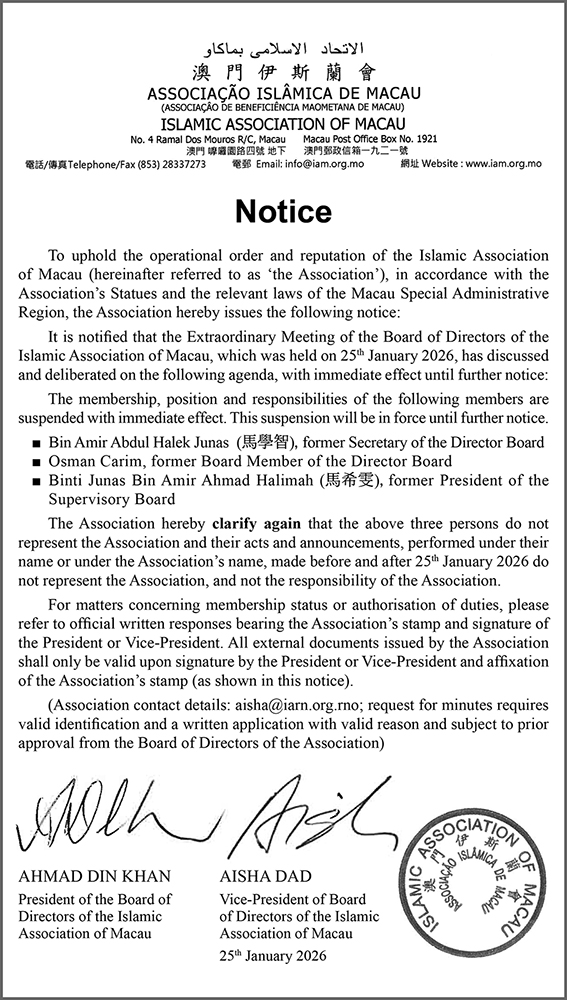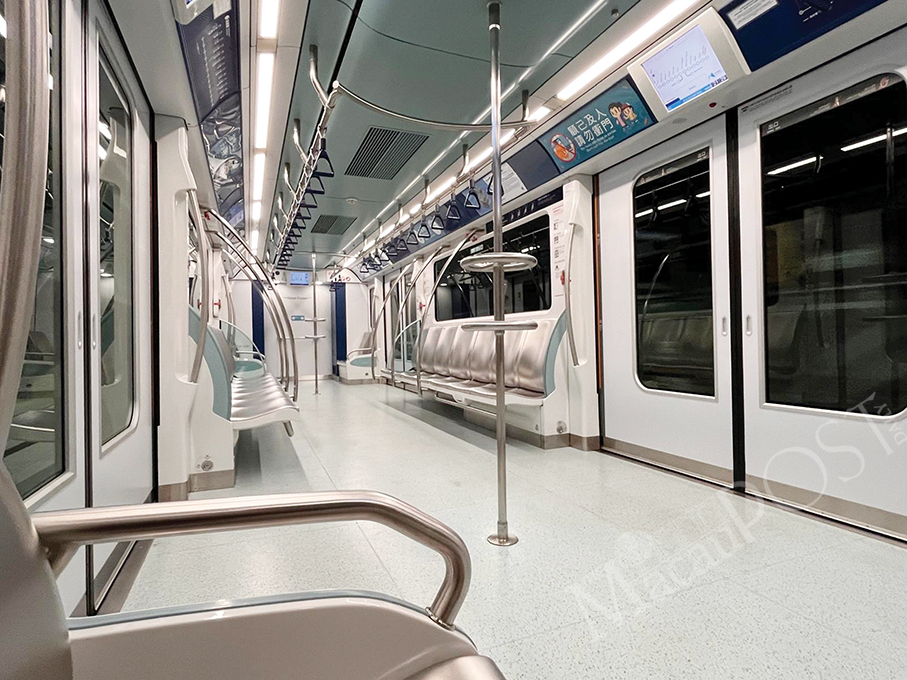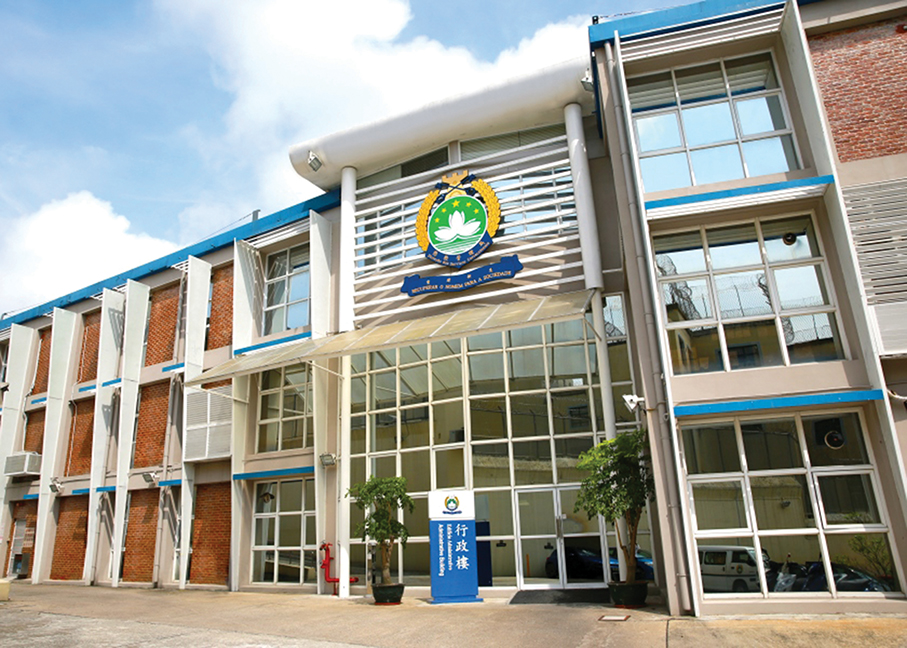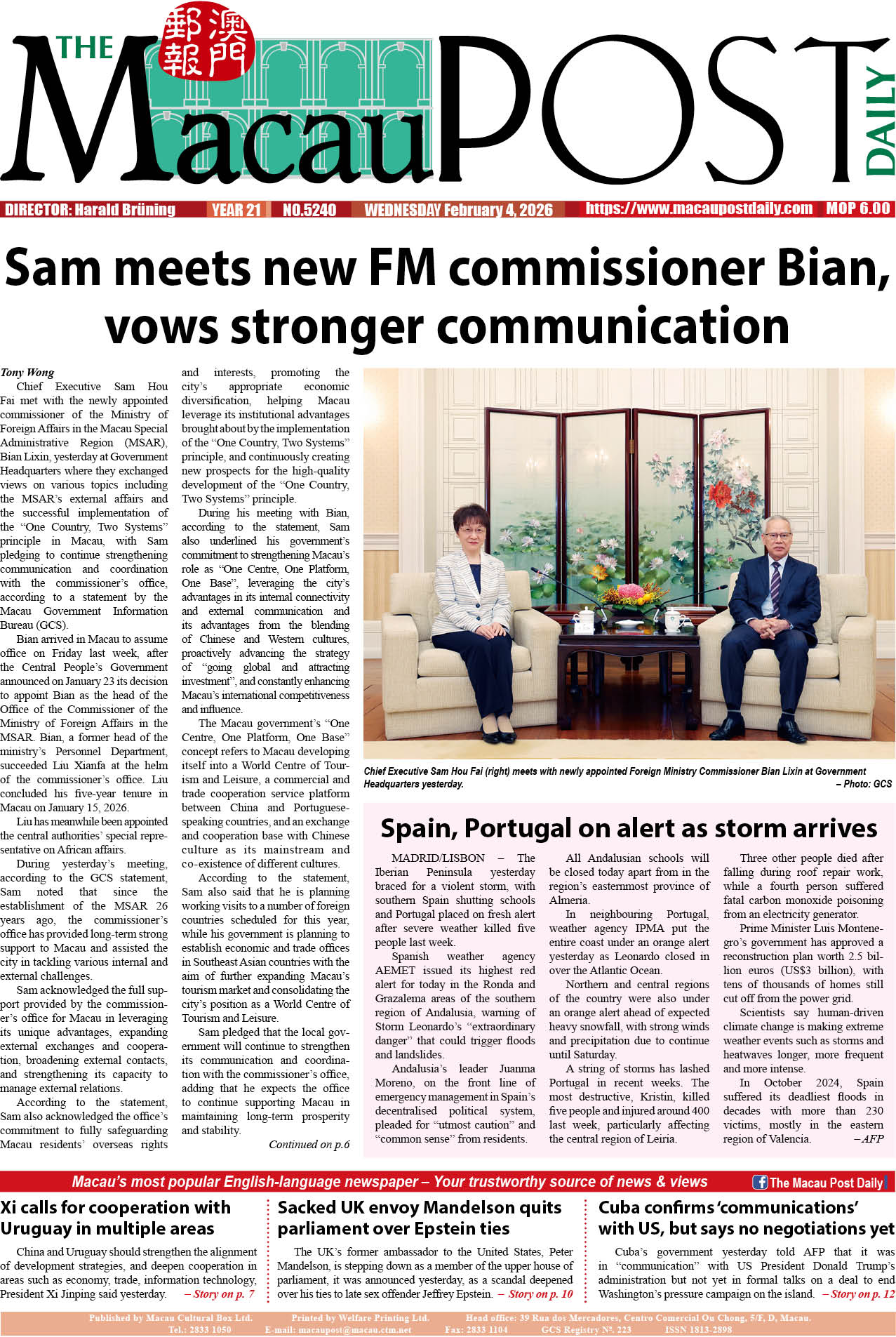Editorial
The Advisory Council of the Belt and Road Forum for International Cooperation (BRF) stresses in its latest report that “high-quality Belt & Road cooperation is underpinned by the principles of extensive consultation, joint efforts and shared benefits, the approach of open, green and clean cooperation, and the pursuit of high-standard, people-centred and sustainable development.”
The council, which includes former vice-foreign minister Ma Zhaoxu (who is its convenor) and the ex-prime ministers of Italy and France, Romano Prodi and Jean-Pierre Raffarin respectively, issued the report on the findings and recommendations of its meetings in 2019 and 2020 on the sidelines of its 2021 meeting held via video link on December 17. The meeting was addressed by State Councillor and Foreign Minister Wang Yi from Beijing.
I read the elucidating 63-page report in English, headlined “High-Quality Belt and Road Cooperation: Partnership and Connectivity”,* over the New Year holiday. I recommend it to anyone interested in China’s foreign policy in general and the Belt and Road Initiative (BRI) in particular – also because Macau plays a special role in the initiative (as I’ll explain at the end of this editorial).
The BRI welcomed São Tomé and Príncipe last month as its 142nd partner country. The Atlantic island nation is a member of the local Forum Macau platform comprising China and the world’s Portuguese-speaking countries.
Now nearly three-quarters of the 193 United Nation member states and 32 international organisations have signed BRI cooperation documents, which makes the BRI one of the world’s top intercontinental entities. No other major country or political union (such as the EU) has been able to set up anything even remotely close. The US-led Build Back Better World (B3W) project launched by the Group of Seven (G7) in June last year is widely seen as the West’s belated alternative to the BRI. It is still in an embryonic state, and it remains to be seen whether it will ever be able to compete with the BRI. Interestingly enough, Italy is both a partner of the BRI and B3W, which shows Rome’s foreign policy makers’ pragmatic realism, particularly in comparison with some of their rather dogmatic Western counterparts as far as relations with Beijing are concerned.
The BRI Advisory Council was set up in 2018 as a non-profit, international policy consultative body, offering intellectual support to the Belt and Road Forum for International Cooperation. It held its first meeting in Beijing in December 2018.
The BRI – which consists of the Silk Road Economic Belt and the 21st-century Maritime Silk Road – is a strategy for promoting international economic cooperation proposed by President Xi Jinping in 2013. It aims to rejuvenate the spirit of the ancient Silk Road, with a special focus on strengthening connectivity and promoting development policy synergy, infrastructure development, trade facilitation, financial cooperation and people-to-people ties, the report points out.
The BRI framework is underpinned by economic corridors, networks of roads, railways, air routes, waterways, information highways and pipelines, the report underlines.
The Advisory Council report’s section headlined “New Concept and New Vision” emphasises, among many other things, enhanced health cooperation among the BIR partner countries in response to the COVID-19 menace. In this context, it cites President Xi’s remarks “that humanity cannot succeed without solidarity, cooperation and multilateralism,” be it in taming the novel coronavirus or in achieving economic recovery.
The Advisory Council’s report says that “as vehicles to translate the consensus on high-quality Belt and Road cooperation into concrete actions, quite a number of new initiatives have been proposed with new endeavours being brought in.”
4 new endeavours
The report lists four such new initiatives and endeavours: The first is to build a health silk road; the second is to build a green silk road; the third is to build a digital silk road; the fourth is to build a clean silk road, the latter aiming “to foster a culture of integrity and fight against corruption, with a view to ensuring that Belt and Road cooperation can yield real benefits that are enjoyed by the people.”
4 ‘roads’
The report also describes the BRI as 1) a road to sustainable economic growth and development; 2) a road to an open world economy; 3) a road to industrialisation and innovation; 4) a road to better livelihoods and inclusiveness.
I wholeheartedly agree with the Advisory Council’s following recommendation which reminds me of my political economy class at the University of Hong Kong some two decades ago: “Infrastructure development across different sectors is key to the improvement of living standards. By encouraging infrastructure investments in all areas, Belt and Road cooperation promotes economic development, improves welfare, and provides the basis for more sustained growth.” For instance, as the report rightly points out, electricity is essential both for economic development and for people’s enjoyment of an advanced lifestyle.”
I read recently an online report according to which about one billion of the world’s nearly eight billion people still do not have regular access to electricity. There is still a lot that the BRI can do to help improve living conditions in the developing world.
China is the world’s champion in the fight against poverty and is surely more qualified than any other major country to assist the developing world in tackling penury which continues to be a global scourge.
The Advisory Council’s report also underlines the BRI’s ongoing cooperation in fighting the COVID-19 plague, such as through the facilitation of prompt access to medical supplies by keeping transnational and transregional transport and logistics passages open, apart from having helped maintain stability of global supply chains during the pandemic.
According to the Advisory Council’s recommendations, “Belt and Road cooperation has to focus on promoting high-quality infrastructure projects which are viable, affordable, accessible, inclusive, bankable and investible, while pursuing economic growth, social progress and environmental protection.”
The Advisory Council also says in its report that it expects the Belt and Road Forum “to catalyse more multilateral cooperation under the BRI including the development of multilateral sectoral platforms, and it also welcomes the efforts of UN agencies in launching and participating in the activities of these platforms.”
Besides, the Advisory Council members “agreed that more connectivity means greater economic interdependence, pointing out that in order “to contribute to this, Belt and Road cooperation should be rooted in a rules-based, open, transparent and non-discriminatory multilateral trading system with [the] WTO [World Trade Organisation] at its core.” They also suggested that “global training centres could be established to cultivate talent and help partner countries better manage BRI projects.”
Perhaps, Macau could host one or two of the BRI training centres in areas in which our tertiary education institutions have accumulated quite a formidable amount of expertise such as tourism, hotel, resort and convention management, as well as certain aspects of scientific research.
Realistically, the report also stresses the need to strengthen public diplomacy to clarify misunderstanding surrounding the BRI, “and to rebut groundless negative reports.
‘Speech trap’
The West’s “debt trap” claim about the BRI springs to mind. Foreign Minister Wang responded to the claim during his three-nation tour of Africa last week by saying, according to Xinhua, that “the so-called ‘debt trap’ in Africa is not a fact, but a hype with ulterior motives. It is a ‘speech trap’ created by external forces who do not want to see Africa accelerate development. If there is any ‘trap’ in Africa, it is the ‘poverty trap’, according to Wang.”
Interestingly enough, the prestigious Chatham House think tank in London published in 2020 a research paper revealingly headlined “Debunking the Myth of ‘Debt-trap Diplomacy’” by China. **
Extensively cited US political scientist Deborah Bräutigam, professor of Political Economy at Johns Hopkins University and director of the China Africa Research Initiative at the Paul H. Nitze School of Advanced International Studies, has also described the Chinese “debt trap” claim as a myth, i.e., as a “narrative that wrongfully portrays both Beijing and the developing countries it deals with.”***
I think the “debt trap” claim is also due to the West’s mismanaged anxiety over China’s rise.
The Advisory Council members also say in their report that they “recognise that China is an essential advocate and practitioner of debt relief initiatives and has never forced any borrowing country to pay its debts when it is unable to do so, let alone using the debt settlement to capture strategic assets from other countries,” adding that, “on the contrary, China has played an important role in supporting developing countries to deal with the debt crisis.”
They also point out that the “Belt and Road cooperation is of great importance to European countries, as it will allow countries in Europe to maintain their traditional relations with the United States, while strengthening their ties with China and Asia.”
The Advisory Council also urges the BRI to continue its support of green and low-carbon development, “including through the implementation of the Paris Agreement and sharing of best practices.”
Its report concludes with a raft of recommendations such as that the BRI should further promote global partnership on connectivity, implement high-quality projects, strengthen cooperation on vaccines, tackle the debt issue effectively, enhance Belt and Road cooperation with European countries, and support economic translation of Africa.
Macau’s special BRI role
A local foreign policy expert reminded me recently that Macau does indeed play a special role in the BRI through the Forum Macau platform that is serving as a portal facilitating economic and two-way cooperation between China and the Portuguese-speaking world.
Except Brazil, all other Portuguese-speaking countries –Angola, Mozambique, Portugal, Cape Verde, São Tomé and Príncipe, Guinea-Bissau, Equatorial Guinea (Portuguese being one of its three official languages alongside Spanish and French) and East Timor – are BRI partner countries. Except Equatorial Guinea, all the other Portuguese-speaking countries are members of the Forum for Economic and Trade Cooperation between China and Portuguese-speaking Countries which has its Permanent Secretariat in Macau.
The Forum Macau is one of China’s two international fora based on foreign partner countries’ official language, the other being the China-Arab States Cooperation Forum.
As for Brazil, its government has not yet signed official documents on Belt and Road cooperation with China, but areas of bilateral cooperation have expanded in the past two years on pandemic prevention and control, joint production of COVID-19 vaccines, digital infrastructure, clean energy, agriculture, science and technology, among others, according to the foreign policy expert, who pointed out that a seminar on China-Brazil cooperation under the BRI was held in Brazil in October last year.
‘Natural’ BRI partner
Of course, as an inalienable part of China, Macau is a “natural” BRI partner. The government’s 2022 policy guidelines pledge to further strengthen Macau’s participation in the BRI in line with the city’s development strategy of “one centre (for tourism and leisure), one platform (for trade and economic ties between China and Portuguese-speaking countries) and one base (for cultural exchanges and cooperation, with Chinese culture as the mainstay).
Macau’s more pro-active participation in the BRI would certainly help further elevate its international status as a global venue for conferences and conventions and thereby could, to a certain degree, even contribute to the appropriate diversification of its economy away from its chronic overdependence on casinos which has acutely manifested itself in the wake of the COVID-19 pandemic.
– Harald Brüning
*https://www.fmprc.gov.cn/eng/wjbxw/202112/P020211218394332617729.pdf
**https://www.chathamhouse.org/2020/08/debunking-myth-debt-trap-diplomacy
***https://www.theatlantic.com/international/archive/2021/02/china-debt-trap-diplomacy/617953/.
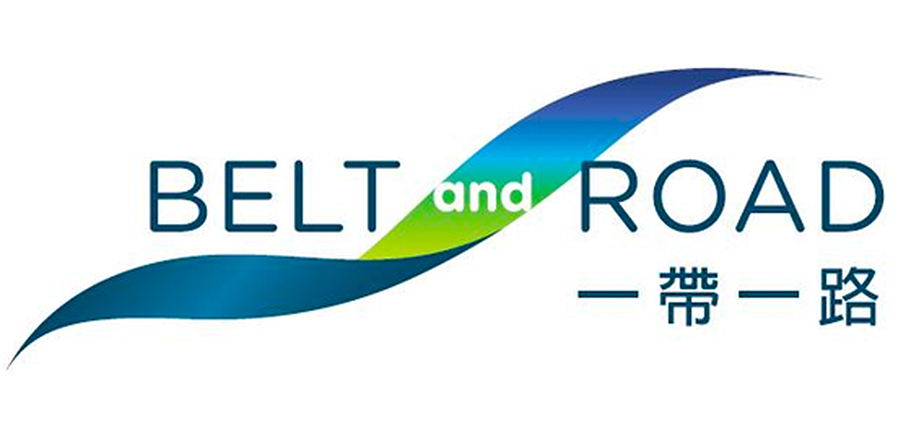
Official logo of the Belt and Road Initiative (BRI) – Image courtesy of HKTDC
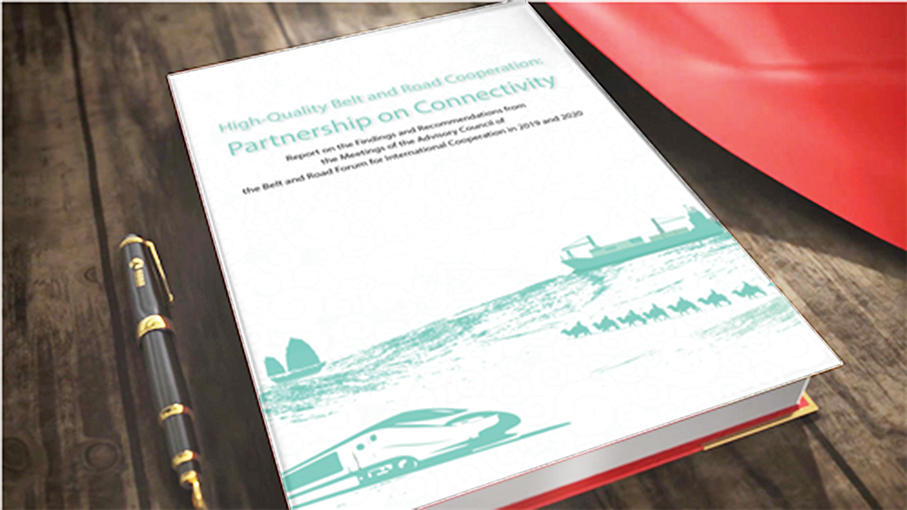
This undated file photo shows the cover of the Report on the Findings and Recommendations from the Meetings of the Advisory Council of the Belt and Road Forum for International Cooperation in 2019 and 2020, headlined “High-Quality Belt and Road Cooperation: Partnership on Connectivity”. Photo courtesy of Ministry of Foreign Affairs of the People’s Republic of China

